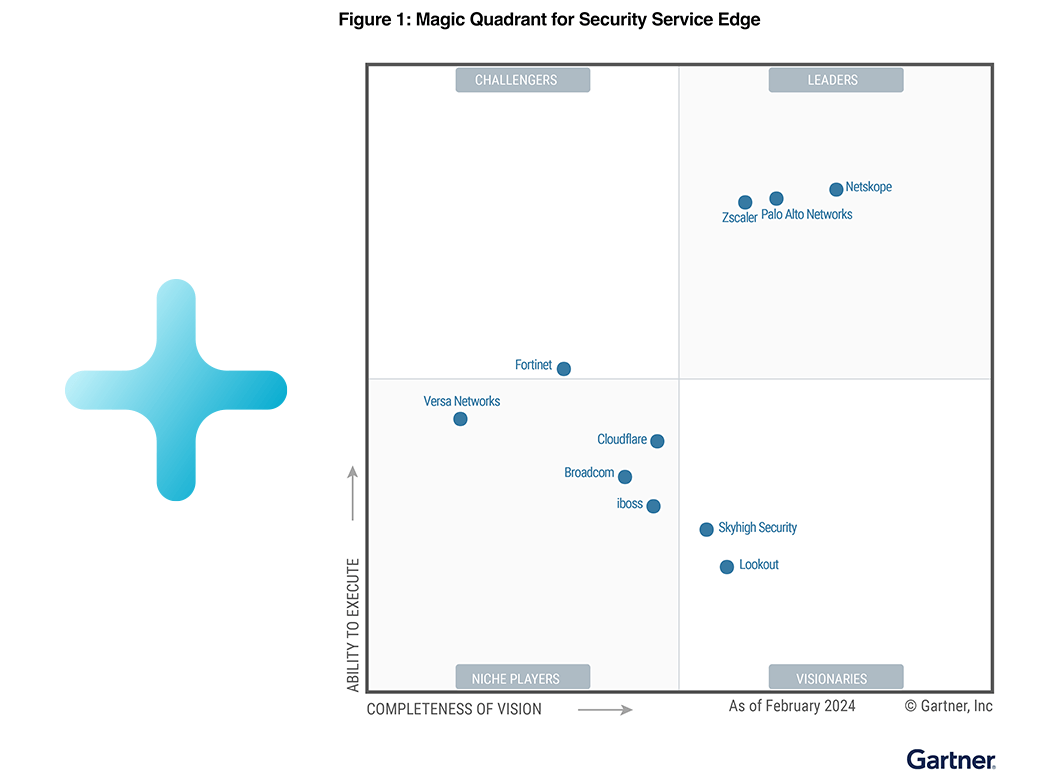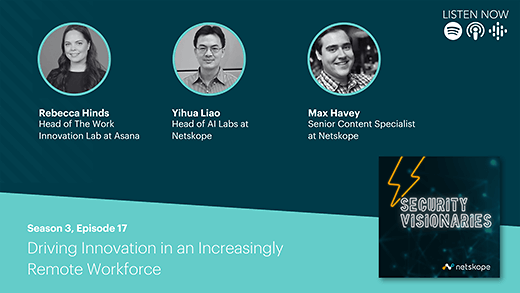In the digital age, human interactions have been slowly replaced with online substitutions. We’re so used to depending on computers to perform tasks on our behalf that attackers are increasingly exploiting this trust mechanism for malicious gain.
We are living in an age of unprecedented connectivity and convenience. Our daily lives are entwined with technology, from online shopping to managing our finances, to discussing key documents and answering queries in the workplace. As we rely on this assistance more than ever, we’re more likely to trust computers than we do each other.
Consider this, are you quicker to ask a search engine about a pressing question, or the person next to you? Whose answer would you trust more?
Digital trust is defined by the confidence we place in technology, online platforms, and the organisations that control them. It’s the assumed notion that our information is secure, our online interactions are private, and the systems we rely on will perform as expected. Our automatic tendency to trust what we see on our screens, and not think too deeply about each link that we click on, is the very weakness that attackers are increasingly targeting today.
The intent of an attacker is to prey on our emotions, and lure us to click on buttons that we shouldn’t. Consequently, the weaponization of search engines is a top technique used by attackers in 2023. As highlighted in our recent Cloud and Threat Report, attackers can create web pages that ensure they are listed as a priority search result on the likes of Bing and Google—often targeting specific demographics and sporting keywords that are unlikely to spark many results. What’s more, attackers can make sure their links appear in the first wave of search results by listing them as ads, and because of their visibility at the top and being promoted by the search engine, users will assume the link to the web page is safe. In the first quarter of 2023, search engines accounted for nearly 10% of all malware download referrers, with Google naturally taking the lead as the most dangerous platform by a large margin given its dominance in search.
Hindsight is 20/20 and it’s easy to spot a dodgy link on reflection, but how do we protect ourselves before it’s too late? We need to be reviewing our behaviour and reining in our impulses for clicking attractive, yet dangerous, links. If a webpage is offering a free version of something that is usually expensive, your company security could be the price you pay. If you’re about to click on a newly created domain, ask yourself, is there an alternative resource you could use to complete your task?
Unfortunately, it’s not just SEO poisoning that threat actors rely on to exploit digital trust, and our tendency to trust brand names often puts security systems at risk. For example, spear phishing, targeting a specific victim disguised as a trusted source, is a commonly used attack technique. At Netskope, our analysis found that users most frequently clicked on phishing links that were disguised as cloud apps—and up to 33% of those were disguised as Microsoft products.
Top cyber crime groups in Russia, APT28 and APT29, are renowned for repeatedly exploiting digital trust in cloud services to breach company networks. Microsoft, for example, identified APT29 as a culprit for a stream of Microsoft Teams attacks earlier this year. The sharp incline and success rate of these attack groups also demonstrates that we’re a far cry from the days of single lone threat actors alone in a dark room (while they do still exist). Instead, many cybercrime groups are very sophisticated organisations that operate as part of efficient teams in well-lit office spaces. Much like the phishing links they plant, they’re increasingly difficult to spot and look easy to trust at first glance.
In the early days of the internet, cyber teams were concerned with teaching employees how to spot phishing emails. Just as we learned to block the offers from a Nigerian prince, attackers learned they would have more success spoofing an online delivery receipt or social media message. The attacks today are more prevalent, more evasive, more sophisticated and across more channels. We must respond in kind with greater awareness of potential threats or risk becoming victims to these new forms of attacks.




 Zurück
Zurück 























 Read the blog
Read the blog